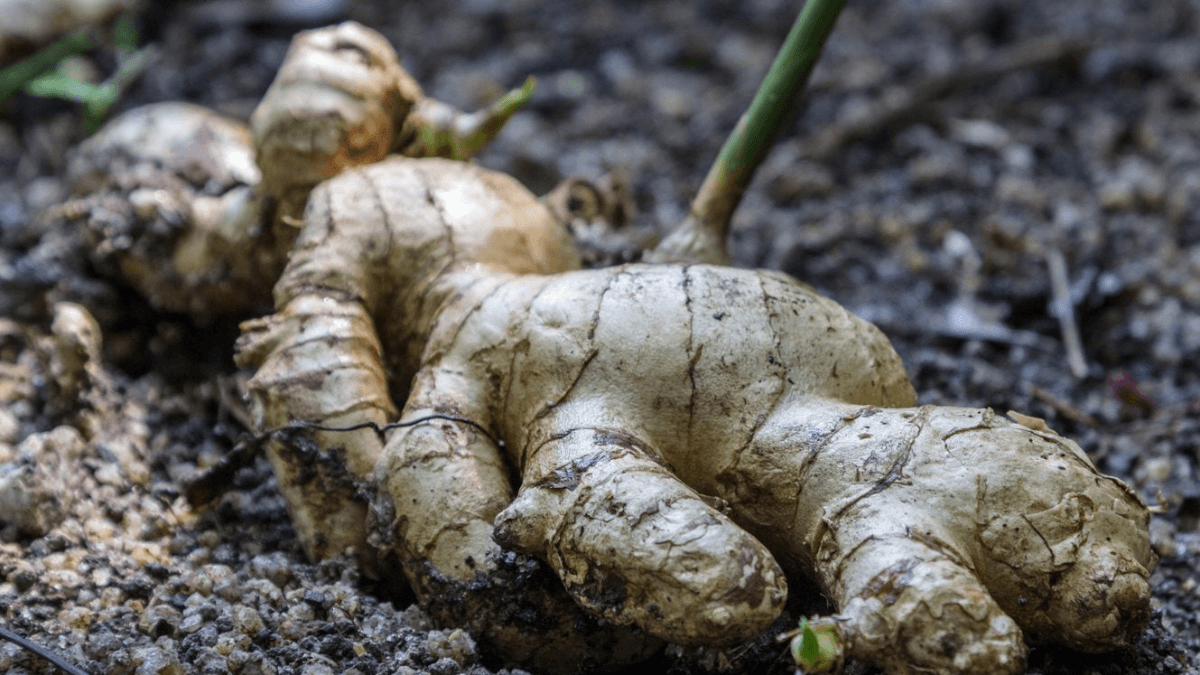News in brief:
– Kaduna ginger farmers adopt organic farming methods after a ₦10 billion loss caused by fungi infections.
– Experts and traditional leaders emphasise local solutions and research-driven approaches for sustainable agricultural development.
Ginger farmers in Kaduna State are embracing organic farming methods to combat crop diseases and revive their livelihoods. The move follows a devastating ₦10 billion loss last year due to fungi infections that ravaged ginger farms.
According to Mr Gagarin Madaki, National President of the Ginger Association of Nigeria, organic farming aligns with international best practices and offers a sustainable solution for the sector’s recovery.
Madaki revealed that extensive research spanning over a decade has identified organic farming as a resilient approach to addressing the challenges of ginger cultivation. Tests conducted this year demonstrated that organically grown ginger has a natural resistance to the fungi infections that caused last year’s crisis.
Collaborative efforts for better yields
Speaking at a workshop in Kaduna on ginger and turmeric disease management, Madaki emphasised the association’s collaboration with selected farmers to reintroduce organic farming techniques. This initiative is expected to boost ginger yields, restore farmers’ confidence, and attract premium pricing in international markets. He highlighted the multiple benefits of organic farming, such as environmental safety, improved soil health, and higher nutritional value of ginger.
Despite the optimism, many farmers are hesitant to return to ginger farming due to the significant losses incurred in the previous season. Madaki reassured them that organic farming offers a promising future for sustainable production and profitability.
Experts advocate for research-driven solutions
Professor Alimi Olasunkanmi Maruf of the Air Force Institute of Technology, Kaduna, called for collective action among ginger farmers to tackle the challenges. He stressed the need to reduce dependency on harmful chemicals and implement research-backed farming methods to improve crop yields and soil fertility.
He urged the government to prioritise the application of research findings to enhance agricultural productivity and boost farmers’ incomes nationwide.
Traditional leaders support local solutions
Muhammed Arigbabuwo, Chairman of the Council of Yoruba Traditional Obas and Chiefs in the 19 Northern States and Abuja, also lent his voice to the cause. He urged stakeholders to embrace local solutions, science, and technology to address agricultural challenges. Arigbabuwo advocated for micro-credit loans and the revival of industrial parks to stimulate sustainable development in agriculture and other sectors.



